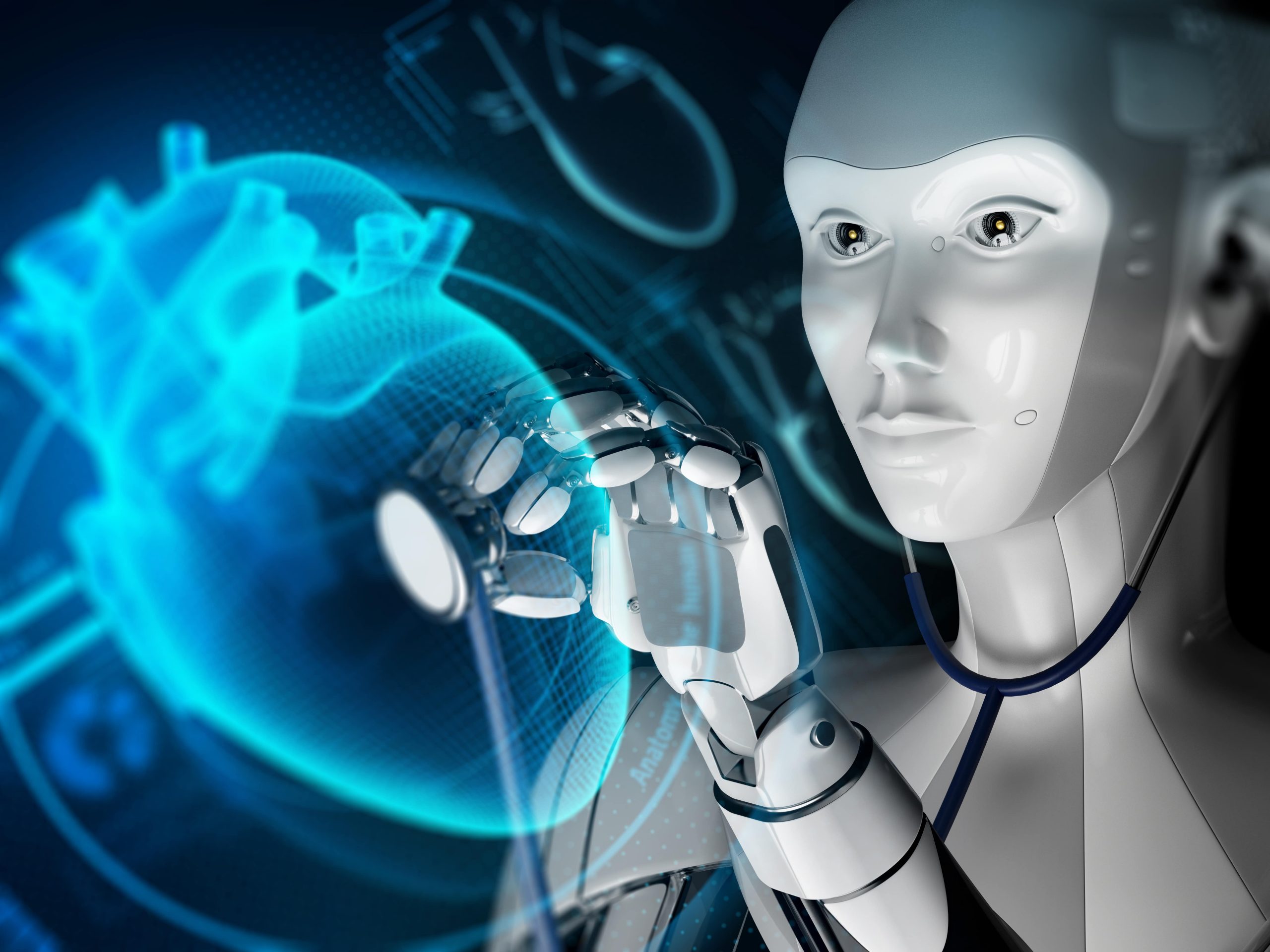
Introduction
In 2024, artificial intelligence (AI) is making waves in the medical field, revolutionizing diagnosis and treatment methods like never before. As technology advances, AI’s role in healthcare has evolved from a futuristic concept to an integral part of medical practice. This article delves into how AI is transforming the landscape of advanced medical technologies, offering insights into its impact on diagnosis, treatment, and overall patient care.
The Growing Role of AI in Healthcare
Artificial intelligence has become a game-changer in healthcare, providing solutions that enhance accuracy, efficiency, and accessibility. In 2024, AI technologies are being leveraged in various aspects of medicine, including diagnostic imaging, personalized treatment plans, and predictive analytics.
- AI in Diagnostic Imaging
Diagnostic imaging has traditionally relied on human expertise to interpret X-rays, MRIs, and CT scans. However, AI algorithms are now being used to analyze these images with unprecedented precision. AI systems can detect abnormalities such as tumors, fractures, and other conditions faster and with greater accuracy than human radiologists. For instance, AI-powered tools can identify early signs of cancer in mammograms, leading to earlier intervention and improved patient outcomes.
- Personalized Treatment Plans
AI’s ability to analyze vast amounts of data is transforming the way treatment plans are developed. By integrating patient history, genetic information, and current medical research, AI can create highly personalized treatment plans. This approach not only enhances the effectiveness of treatments but also minimizes potential side effects. For example, AI algorithms can predict how a patient will respond to specific medications, allowing for more targeted and effective therapies.
- Predictive Analytics for Preventive Care
Predictive analytics is a key area where AI is making significant strides. By analyzing historical health data and identifying patterns, AI can predict potential health risks and suggest preventive measures. This proactive approach to healthcare helps in early detection of diseases and can significantly reduce healthcare costs. For instance, AI systems can forecast the likelihood of chronic conditions such as diabetes or cardiovascular diseases, enabling patients to make lifestyle changes that mitigate these risks.
Key Innovations in AI-Driven Medical Technologies
Several innovative AI-driven technologies are shaping the future of healthcare. Here are some of the most notable advancements in 2024:
- AI-Powered Virtual Assistants
Virtual assistants powered by AI are becoming commonplace in healthcare settings. These digital assistants can handle a range of tasks, from scheduling appointments to providing medical information. They can also assist in patient education by offering detailed explanations of medical conditions and treatment options.
- Robotic Surgery Systems
Robotic surgery systems, guided by AI, are revolutionizing surgical procedures. These systems offer greater precision and control during operations, leading to shorter recovery times and fewer complications. AI-enhanced robotic systems can analyze real-time data to assist surgeons in performing complex procedures with greater accuracy.
- AI-Driven Drug Discovery
The drug discovery process has traditionally been time-consuming and expensive. AI is accelerating this process by analyzing vast datasets to identify potential drug candidates. Machine learning algorithms can predict how different compounds will interact with biological targets, speeding up the development of new medications.
Ethical Considerations and Challenges
While AI offers numerous benefits, it also raises ethical considerations and challenges. Issues such as data privacy, algorithmic bias, and the need for transparency in AI decision-making are critical concerns. Ensuring that AI systems are used responsibly and ethically is essential for maintaining trust in healthcare technology.
- Data Privacy
With the increasing use of AI in healthcare, protecting patient data is paramount. Medical data must be handled with the utmost care to prevent breaches and misuse. Implementing robust data security measures and adhering to privacy regulations are crucial steps in safeguarding patient information.
- Algorithmic Bias
AI systems are only as good as the data they are trained on. If the data used to train AI algorithms is biased, it can lead to biased outcomes in diagnosis and treatment. Addressing this issue requires ongoing efforts to ensure that AI systems are trained on diverse and representative datasets.
- Transparency in AI Decision-Making
Transparency in AI decision-making processes is vital for gaining patient trust. Patients and healthcare providers need to understand how AI systems arrive at their conclusions and recommendations. Clear documentation and explainable AI models are essential for ensuring transparency and accountability.
Future Prospects of AI in Medical Technologies
Looking ahead, AI is poised to continue transforming medical technologies in exciting ways. Advancements in AI are expected to drive further innovations in telemedicine, personalized medicine, and remote monitoring. The integration of AI with other emerging technologies, such as blockchain and genomics, holds promise for even greater advancements in healthcare.
- Telemedicine and Remote Monitoring
AI-powered telemedicine platforms are making healthcare more accessible, particularly for patients in remote areas. These platforms enable virtual consultations and remote monitoring of health conditions, allowing for timely interventions and continuous care.
- Integration with Genomics
The combination of AI and genomics is set to revolutionize personalized medicine. AI can analyze genomic data to identify genetic predispositions to diseases and tailor treatments accordingly. This integration will enhance the precision of medical interventions and improve patient outcomes.
Conclusion
In 2024, the rise of AI in advanced medical technologies is transforming the way healthcare is delivered and experienced. From improving diagnostic accuracy to personalizing treatment plans and predicting health risks, AI is revolutionizing the field of medicine. As technology continues to advance, it is essential to address the ethical challenges and ensure that AI is used responsibly. The future of healthcare is bright with the promise of AI-driven innovations that enhance patient care and outcomes.

